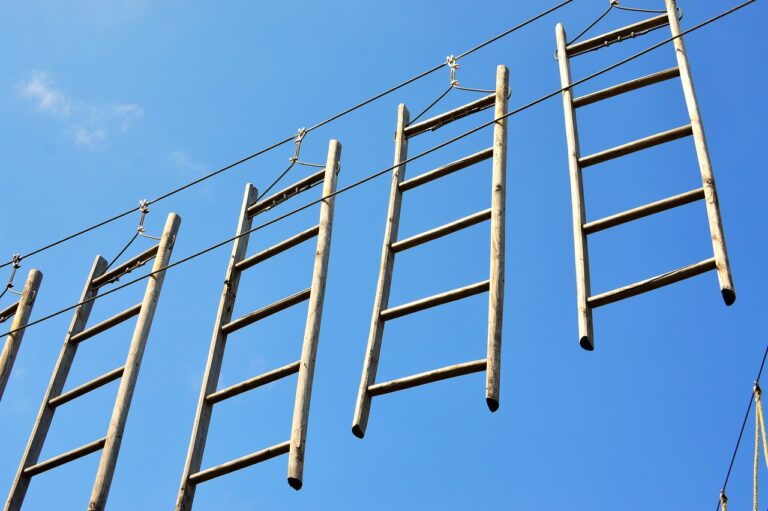The Resurgence of Vinyl Records: Nostalgia Meets Modern Music
Vinyl records, once the primary medium for listening to music, have a rich and storied history dating back to the late 19th century. In 1877, Thomas Edison invented the phonograph, which used a cylinder wrapped in tinfoil to record and play back sound. This technology paved the way for the development of flat discs made of shellac, which later evolved into the vinyl records we know today.
Throughout the 20th century, vinyl records became the dominant format for music distribution, with major advancements in sound quality and manufacturing processes. The introduction of the 12-inch long-play (LP) record in the 1940s revolutionized the way people listened to music, allowing for longer playing times and improved fidelity. Vinyl records continued to thrive until the rise of digital music formats in the late 20th century, leading to a decline in production and sales of vinyl records.
Advantages of Vinyl Over Digital
Vinyl records offer a unique listening experience that digital formats often fail to replicate. The warmth and richness of vinyl sound is highly sought after by audiophiles and music enthusiasts alike. The analog nature of vinyl produces a more organic and nuanced sound that many argue cannot be matched by the digital precision of CDs or streaming.
Furthermore, vinyl records have the advantage of providing a tangible connection to the music. The act of physically handling a vinyl record, carefully placing it on a turntable, and observing the artwork on the cover adds to the overall enjoyment of the listening experience. The ritualistic nature of playing vinyl records can enhance the emotional connection to the music in a way that simply pressing play on a digital device cannot replicate.
Collectability and Value of Vinyl
Vinyl records have enjoyed a resurgence in popularity in recent years, with collectors and music enthusiasts alike appreciating the tangible and authentic listening experience they offer. Beyond the enjoyment of the music itself, many collectors are drawn to vinyl for its potential as a valuable and collectible item. Rarity, condition, and historical significance all play a role in determining the value of a vinyl record, with some albums fetching high prices on the collectors’ market.
The collectability of vinyl records extends beyond just the music they contain; album art, limited edition pressings, and unique packaging can also contribute to their appeal to collectors. In addition to their aesthetic value, vinyl records often hold sentimental value for individuals, as they can represent cherished memories or musical milestones. Whether collecting for investment purposes or simply for the joy of building a personal music library, the allure of vinyl records as collectible items remains strong in today’s digital age.
Vinyl records have enjoyed a resurgence in popularity
Rarity, condition, and historical significance determine value
Album art, limited edition pressings, and unique packaging add to appeal
Vinyl records often hold sentimental value for individuals
What is the history of vinyl records?
Vinyl records were first introduced in the late 1940s as the primary medium for music distribution. They quickly became popular due to their high sound quality and durability.
What are the advantages of vinyl over digital music?
Vinyl records are known for their warm, rich sound quality that many audiophiles prefer over digital music. They also offer a tactile and physical experience that cannot be replicated with digital formats.
How do you determine the collectability and value of a vinyl record?
The collectability and value of a vinyl record are influenced by factors such as rarity, condition, artist popularity, and historical significance. Limited edition releases, first pressings, and albums in mint condition are typically more valuable to collectors.
How can I care for my vinyl records to maintain their value?
To maintain the value of your vinyl records, store them in a cool, dry place away from direct sunlight. Handle them carefully by the edges and avoid touching the grooves. Regularly clean your records with a soft brush or cleaning solution to remove dust and debris.
Are there certain genres of music that are more collectible on vinyl?
While collectability can vary depending on personal preferences, genres such as rock, jazz, blues, and hip-hop are often highly sought after by vinyl collectors. Additionally, albums from iconic artists or influential movements in music history tend to hold greater value.







